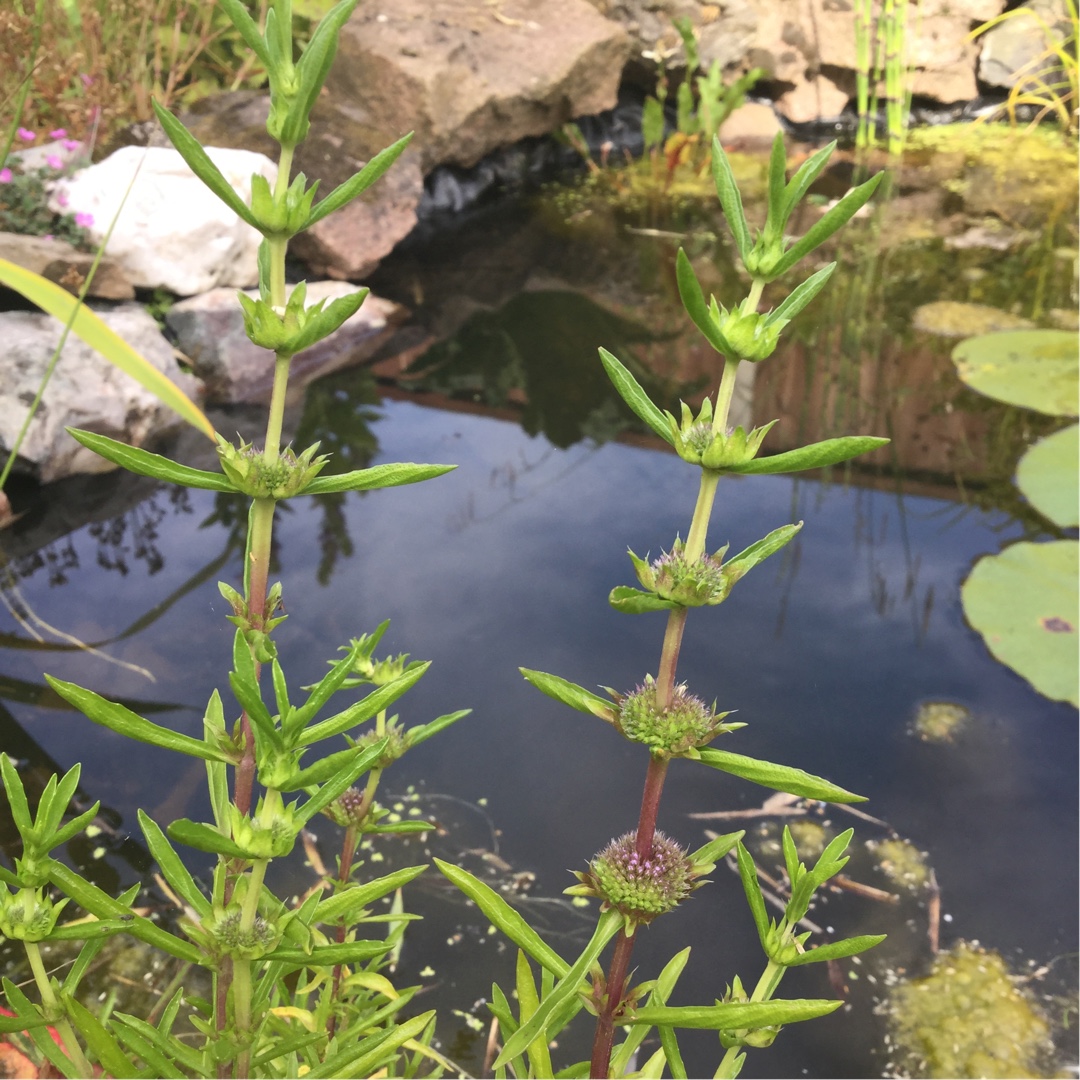
Mentha cervina
Water Spearmint
Mint is a perennial herb grown for its leaves which have many culinary uses. Not all Mentha are edible however. Their leaves are generally fragrant when crushed. They can be invasive so plant them where their root systems do not swamp other plants. Water Spearmint produces globular, lilac coloured flower heads and has thin, lance shaped leaves. It is suited to the waters edge and is good for attracting wildlife.
Contributed by @helmside
-
Full sun to partial shade
-
Occasional watering
-
Frost Hardy: 23F (-5°C)
-
Free draining and fertile
Common name
Water Spearmint
Latin name
Mentha cervina
type
Herb
family
Lamiaceae
ph
5.6 - 7.5 Acid - Neutral
Plant & bloom calendar
-
Best time to plant
-
When to harvest
full grown dimensions
 0.30 M
0.30 M
0.30 M
0.30 M
Mentha cervina
Mint is a perennial herb grown for its leaves which have many culinary uses. Not all Mentha are edible however. Their leaves are generally fragrant when crushed. They can be invasive so plant them where their root systems do not swamp other plants. Water Spearmint produces globular, lilac coloured flower heads and has thin, lance shaped leaves. It is suited to the waters edge and is good for attracting wildlife.
Propagating by seed
From Late Winter TO Early Spring
Sow indoors 8-10 weeks before last frost, or sow in the soil outdoors in Spring. Seeds should germinate in 10-16 days. Bottom heat will speed germination. Sow seeds no more than 5mm (¼”) deep in moist soil. Space plants 45-60cm (18-24?) apart.
Propagating by cuttings
From Early Summer TO Late Summer
The easiest way to propagate mint is to take cuttings.Take cuttings from the top growth of your mint plant, about 8cms. in length. Take off the lower leaves and cut the stem just below the leaf node. Place the stems in a glass of water. Leave in a light, airy place until the stems have taken root, then plant out, or plant in a pot.
Planting
From Mid Spring TO Late Spring
Plant out seedlings after all danger of frost has passed. Plant into free-draining fertile soil, preferably in a bottomless bucket that has been sunk into the soil, with the rim of the bucket sticking up a good couple of inches, to stop shoots from growing over the top (mint can be very invasive!). Or the plants can be grown in pots.








